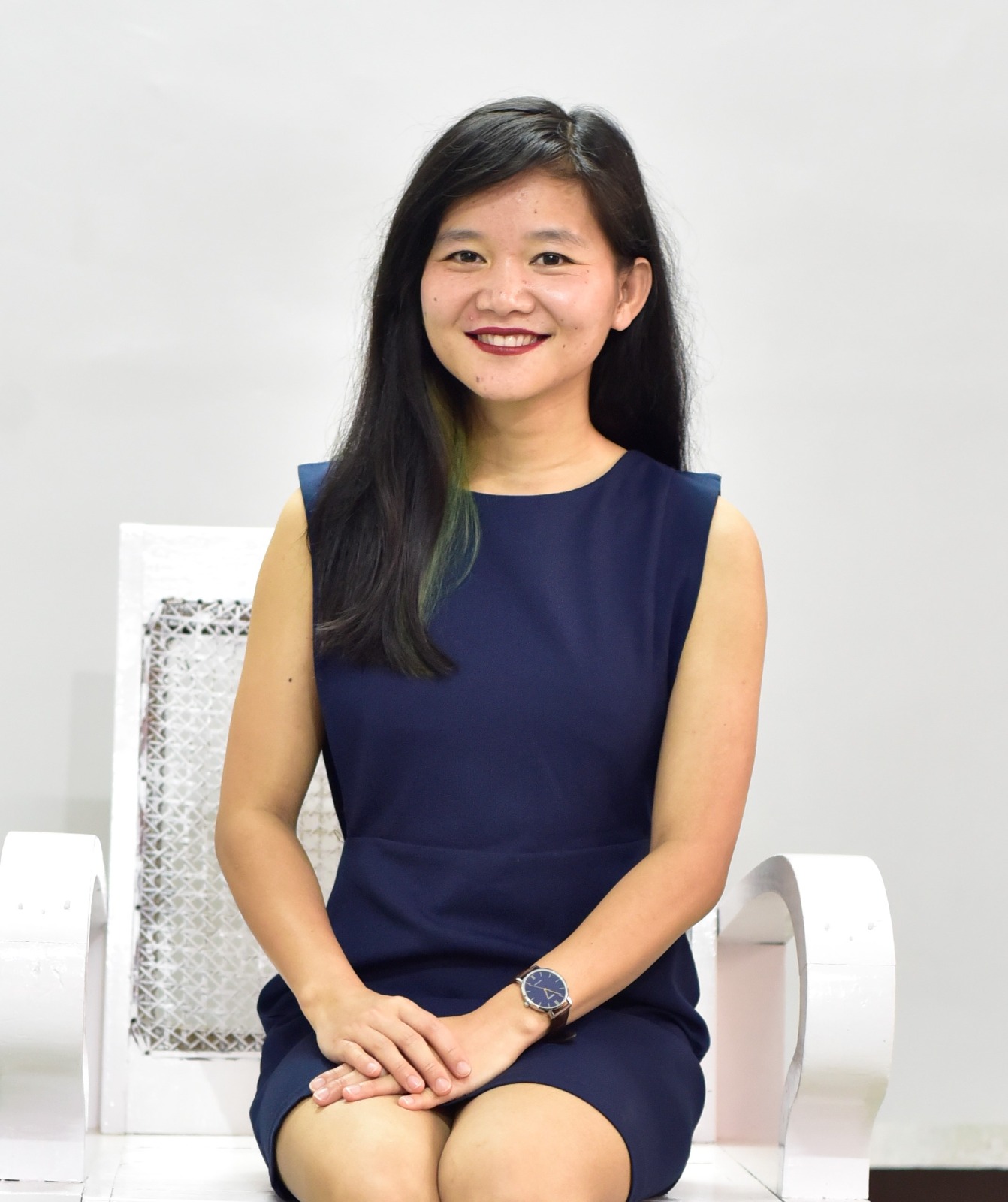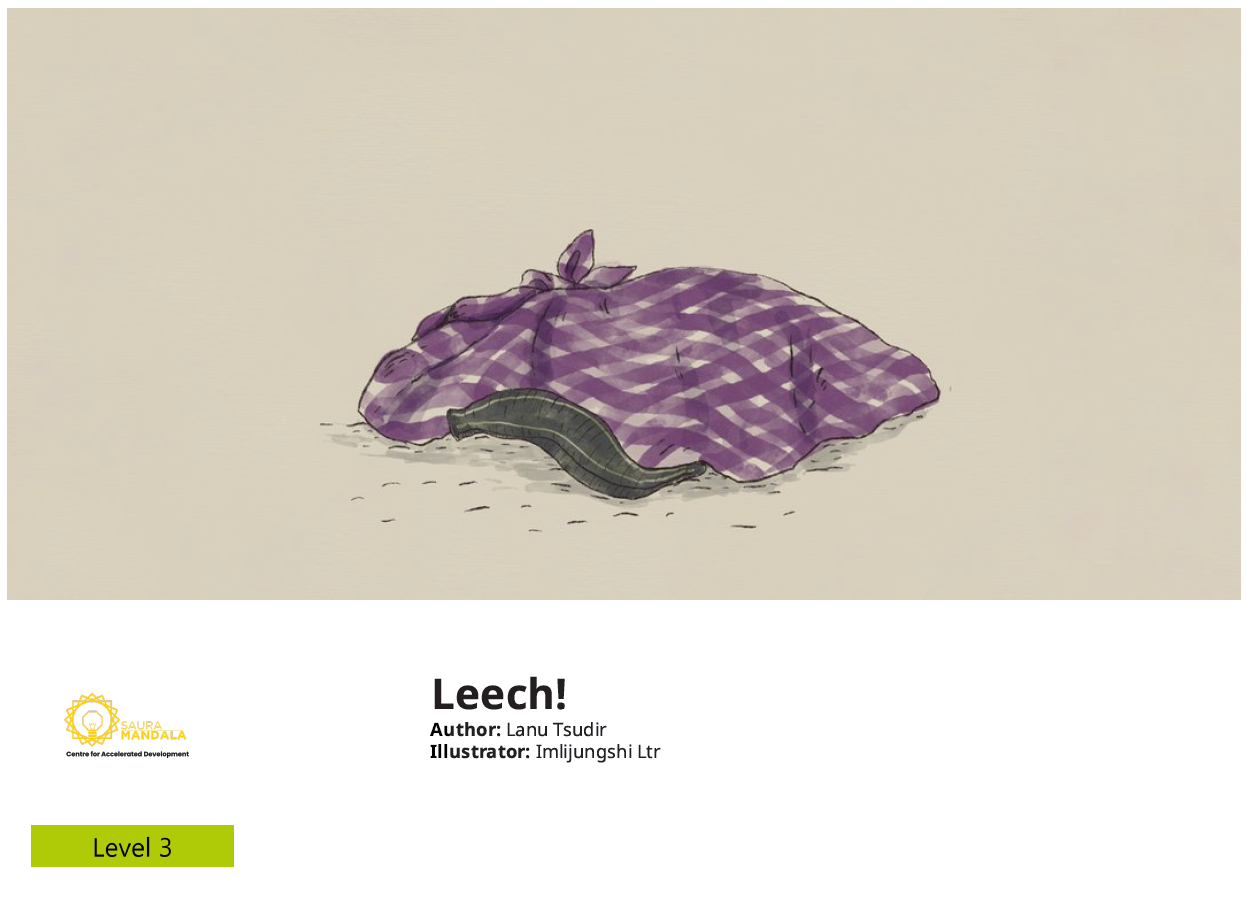Share
Featuring the doodle comic artist Lanu Tsudir in conversation with Eastern Mirror discussing the importance of students exploring creative fields

DIMAPUR — A doodle comic artist, who has grabbed the attention of many for her humorous depiction of family moments, observations, and happenings that resonate with every Naga, Lanu Tsudir currently works at The Forgotten Folklore Project (TFFP), an initiative of Sauramandala Foundation, as a project lead where they curate Meghalaya-contextual storybooks.
Tsudir, who completed her bachelor’s and master’s degrees in English from Delhi University, was reconnected with her childhood passion for reading manga (Japanese comics) and other books during university, inspiring her to start doodling comics.
In 2017, she prepared for competitive exams, influenced by societal expectations and fearing disappointment from her parents as well. However, a role as an assistant editor in 2018 at a magazine reshaped her perspective, revealing more opportunities beyond government jobs. This experience, coupled with interactions with people in rural areas of Nagaland highlighted the power of stories. So, during the COVID-induced lockdown, she initiated the doodle page ‘The Midget’ on Instagram with her family's support.


In an exclusive interview with Eastern Mirror, the doodle comic artist discusses the importance of students exploring creative fields.
How do local stories aid students in early childhood education?
Our project, TFFP, an initiative of the Sauramandala Foundation, aims to address the lack of contextual content in early childhood development by curating 45 Meghalaya-contextual storybooks. While growing up, we heard and read stories about Snow White or Cinderella; we sang rhymes like Mary had a little lamb, Humpty Dumpty or Baah Baah Black Sheep - all from foreign places that we could not relate to. We had no access (in formal education) to rhymes in local dialects; or well-illustrated storybooks on local themes (For instance rhymes in Angami or Ao, or well-illustrated storybooks on the folklore of the Naga tribes). Understanding that children learn better when they can relate (everyday things they see, or concepts and languages they are familiar with) TFFP collects local stories from Meghalaya, on their folklore, culture, and traditions, and creates fictionalized stories for early childhood education. So far, the books have been so well received. We also plan to expand our focus to include videos and audiobooks, with the hope of doing similar work in Nagaland.
What do you think are the crucial skills for a successful project lead?
I can’t speak for other people/projects as every project will have its own unique way of operating. The TFFP has been an incredible learning curve for me, and based on my experiences, overseeing a creative project like this requires a comprehensive approach. Time management and setting priorities become vital when juggling multiple tasks so developing effective management skills is an ongoing practice. Being proactive and embracing experimentation align well with the creative nature of the project as well.
I really can’t compartmentalise and say do this to become a successful leader, as I am also navigating my way through, leading something that is essentially dealing with a lot of people. Hence, I would like to share a few qualities/skills that every individual should try and inculcate as in the end, we deal with other human beings when we work and having these qualities would enhance a person’s ‘workability’ meter.
• Adaptability and embracing changes as and when needed is one core strength every individual should finesse. Projects may face unexpected challenges, and the ability to adapt and find solutions is crucial for success.
• Being creative and having the ability to think outside the box, generating innovative ideas for storytelling and book curation.
• Being receptive to feedback, both good and bad.
• Communication: Clear and effective communication is essential for conveying ideas to team members, authors, and publishers. It also involves active listening to understand various perspectives.
• Industry Knowledge (in my case, Children’s literature and Early Childhood Education space): A good understanding of the publishing industry, trends in children's literature, and educational requirements is vital for effective curation.
• Organisational Skills: Managing timelines, and resources, and coordinating various aspects of a project are crucial for success.
How do you view the role of Artificial Intelligence (AI) as a tool in your profession?
Artists may crucify me for saying this but AI is here, and it will only get more efficient each passing day; we might as well embrace it and learn to use it to our advantage. And despite concerns that AI might negatively impact the world of artists, I see it as a positive tool. Using AI intelligently can prove to be helpful. For instance, when facing time constraints, I can ask AI to quickly summarize or enhance my work. If I receive content with multiple grammatical errors, I turn to the system to correct them, especially in my current line of work. While AI has drawbacks, I believe that if used properly and efficiently, it can significantly complement our work.
What advice would you offer to improve networking skills in a creative field?
The importance of networking is something I realised late in life, something I am terrible at, and something I am also trying to work on. A strong network can spread the word about your work and make it stand out because more people know/are familiar with it. For instance, if we look at pop stars today, some may not produce the best songs, but due to their strong fan base, which is a form of networking, their songs still do well in the music charts.
In the TFFP project as well, I have built a strong network of illustrators, editors, and authors. If I need another illustrator, I can ask someone from my network, and the word-of-mouth recommendation makes the process quicker. Networking, to me, is about maintaining good relationships while connecting with more people, and it starts with friends.
What is your take on the reluctance of many young individuals to pursue full-time creative projects due to income and stability concerns, especially in comparison to government jobs?
Again, it is all about perspective. Pursuing a creative field does not only mean freelancing. Artists, musicians, cooks, carpenters, etc. can all be a full-time job. I doodle and make comics, it is a creative field. I make my own “Midget’ merchandise and monetise on them, but at the same time I also have a full-time job that aligns with my interests and passion, and something I am good at and bring value to the people I work with. It is a case-by-case for each individual but trusting oneself and taking that leap is so important.
Is there security in government jobs? Yes. Is there security in private jobs? Also, yes! Many people shy away from the private sector because there is that constant fear about ‘security’ but this is a myth that needs to be busted. Another thing I would also like to bring up is that in the creative field, there are no age limits! You could be a 90-year-old artist, or a 10-year-old artist, if your work is good, they will do the talking for you, and the more experiences you gather, the more your value increases.
Trust your skills, and what you can do, work hard towards them, and there will be a place for you!
How can students cultivate creativity while in school to broaden job opportunities beyond government or desk positions?
Being in the government sector comes with a certain societal status and ‘financial security’. If we look at the education system today, there is so much rote learning and so little space given to children to think for themselves. Scoring good marks in exams is great! Doing well academically is great too! While these aspects are important, they are not the sole indicators of success. Young minds (or even parents when it comes to their children) need to ingrain in their minds that fostering and giving time to their passion, their creativity will take them far, very far in life. Marks in a report card, while they are crucial, are not everything.
I feel that resetting the mindset that landing a government job is not the epitome of success (both for students and especially parents) is step 1 in broadening job opportunities. I say this because I firmly believe that UNLEARNING this notion will open the door that leads people to NOTICE that there is so much that can be done to earn a livelihood besides a government job. It could be in any field–drawing, writing, carpentry, art and crafts, cooking, communications–these are just a handful off the top of my head as I pin my thoughts down. Encouraging creativity or independent thinking starts very early in life.
Whatever you are good at, practice more, hone your skills, find peers with similar interests, look for mentors who can guide you, read books, and any queries/doubts or anything you want to learn is just a Google search away–How blessed are we to be living in a world of technology!
One tip that I would like to share with students is ‘DO MORE INTERNSHIPS’! Nobody told me when I was in college that internships would help me, so I did none. Internships give you a taste of work; they also help you figure out what you are good at, and most importantly help you build a network of people and resources.

RAPID INSIGHTS:
3 things that instantly fill you with joy
Cute socks, stationery, and a good leisurely trek.
Life without doodling comics
Oh, the horror of this question! I will have to figure out a coping mechanism to cope with this.
If you could wake up tomorrow with a new ability or quality, what would it be?
I would want to be a good orator. While I can communicate well via writing, communicating through speaking is something that I find challenging.